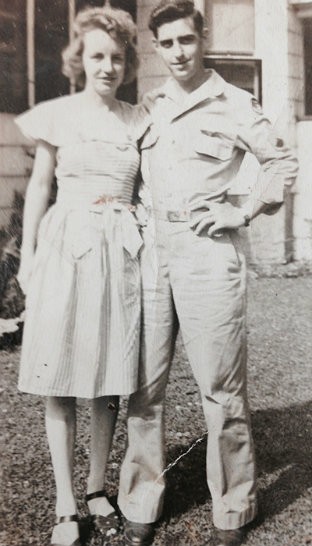War without end: For my father, WW2 was never over

In the summer of 1998, my parents and I took a road trip from Wisconsin to Georgia to visit the newly opened National Prisoner of War Museum in Andersonville. When my siblings learned I’d offered to do this, their collective reaction was that I needed to get my head examined. My father had been shot out of the sky twice in World War II; he escaped a German POW camp and then did clandestine work in Nazi-occupied Europe. As compelling as this history was, it rested uneasily alongside our lived experience with a man tormented by his memories and his conscience.
To many, especially his brothers in arms, he was hail-fellow-well-met. He was the earthy bard of the local Eagles Club and a founding member of his ex-POW chapter in eastern Wisconsin. He drove veterans to appointments at the Milwaukee VA Hospital and was welcomed and respected in the honor guard at veterans’ funerals too numerous to mention.
Our family’s inner circle, however, knew him differently. To us, he was mercurial—loud, brash, and exacting but also often silent and sullen. His anger could approach the edge of violence; he was the terror of our household. He rigidly demanded our obedience to his authority while scorning to offer his own to anyone, including a long string of employers.




